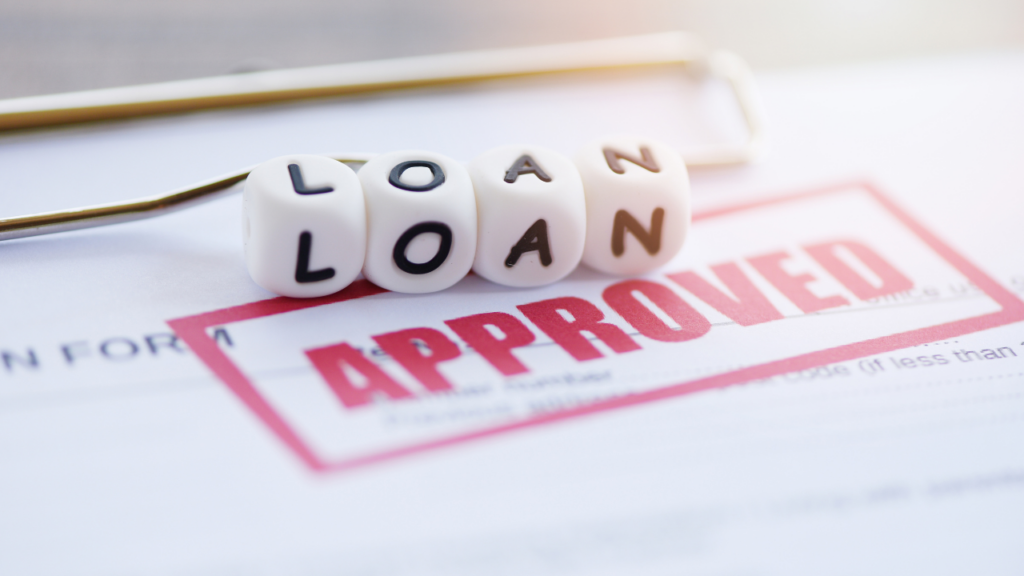The E-2 visa is an excellent pathway for investors from treaty countries to enter the U.S. and manage their own business. One of the key aspects of securing an E-2 visa is demonstrating a substantial investment in the U.S. enterprise. However, many prospective applicants are unsure if they can use loans to meet the investment requirement. This article will explore how you can effectively use a loan to finance your E-2 visa application and the crucial considerations involved.
Understanding the E-2 Visa Investment Requirement
One requirement for the E-2 visa is that the applicant invests a substantial amount of capital in a bona fide U.S. enterprise. While no specific minimum investment is set by law, it generally needs to be enough to ensure successful business operation. This often means at least $100,000, but the investment must also be substantial relative to the total business cost. For instance, investing $100,000 in a $100,000 business is substantial, but the same amount in a $500,000 business is not, as it doesn’t cover a significant portion of the overall cost.
The Role of Loans in E-2 Visa Investments
When it comes to the source of the investment capital, the regulations state that such investment capital must be the investor’s unsecured personal business capital or capital secured by personal assets. This means that the investment capital for the E-2 visa must either come from the investor’s own personal funds or from a loan secured by the investor’s personal assets. It cannot be secured by the assets of the U.S. business itself.

By using personal assets to secure a loan the investor is demonstrating that his/her funds are at risk, another requirement of the E-2.
However, this doesn’t necessarily mean you can’t buy an E-2 business and obtain a loan against the business itself. It means that any loan secured against the business won’t count as part of the investment. Let’s look at how this works with a couple of examples.
Example 1:
The investor plans to establish a business for $200,000. He has $100,000 in savings from W-2 income and needs a loan for the remaining $100,000.
If he takes out a home equity loan and uses the additional $100,000, the entire $200,000 would be considered part of the E-2 investment.
However, if he takes a loan against the business instead, the $100,000 business loan won’t count as part of the investment. Only the $100,000 in his savings would be considered, which may not be substantial relative to the overall cost of the business.
For a business costing $200,000 or less, the investor typically needs to demonstrate that he has invested 100% of the total cost. By financing 50% of the business through a business loan, the investor cannot have the full amount considered as part of the E-2 investment.
Example 2:
The investor plans to purchase a hotel for $5 million. He has $2 million from the sale of a previous business and plans to finance the remaining $3 million through a business loan. Although only the $2 million will be considered part of the investment, this amount alone is likely to be deemed substantial due to the significant size of the investment. Therefore the business loan in this example will not prevent the investor from meeting the substantiality requirement.
Conclusion
Using a loan to secure your E-2 business is a viable option but depending on the type of loan this may impact your ability to demonstrate a substantial investment. While US Citizenship and Immigration Services (USCIS) will not consider business loans as part of the E-2 investment this does not mean they should be avoided altogether. Where the cost of the business is lower using a business loan may be problematic depending on the size of the loan as this may impact on your ability to demonstrate a substantial investment. However, for more expensive businesses, the loan may have little or no impact if the remaining investment is of itself a substantial amount.
If you have any questions regarding the above, please reach out to PLG Partner Chris Prescott at cprescott@patellegal.com.